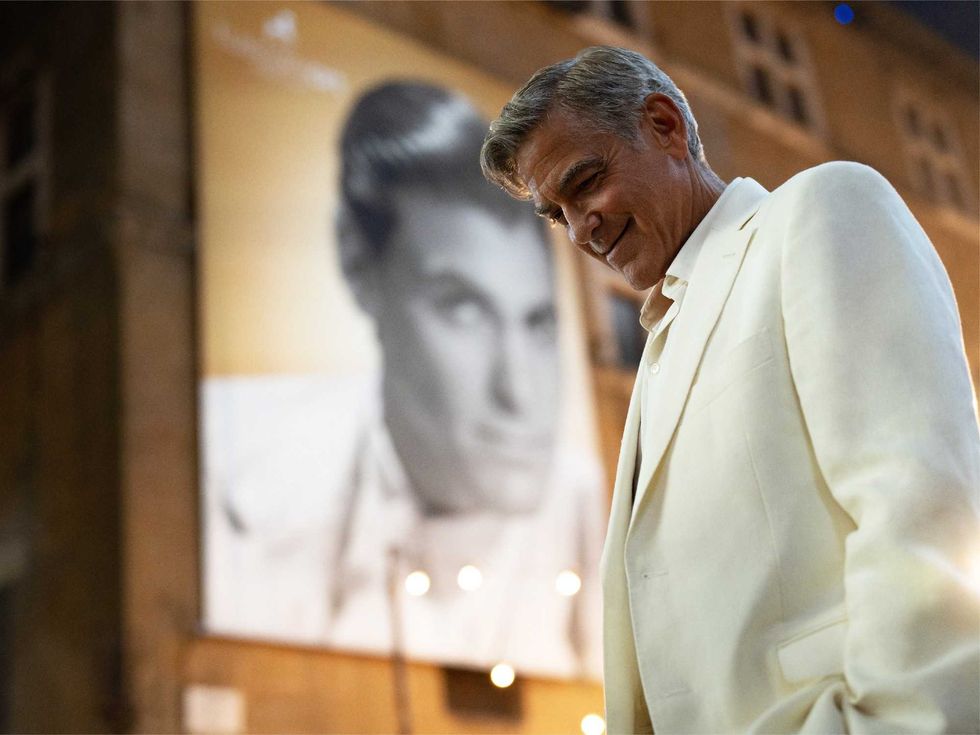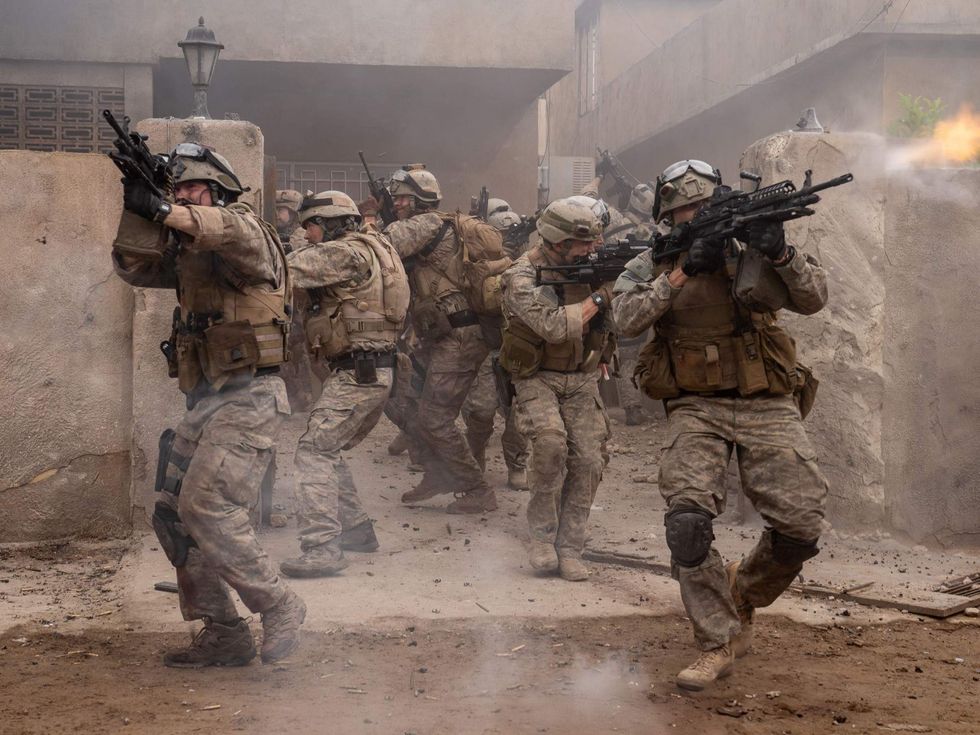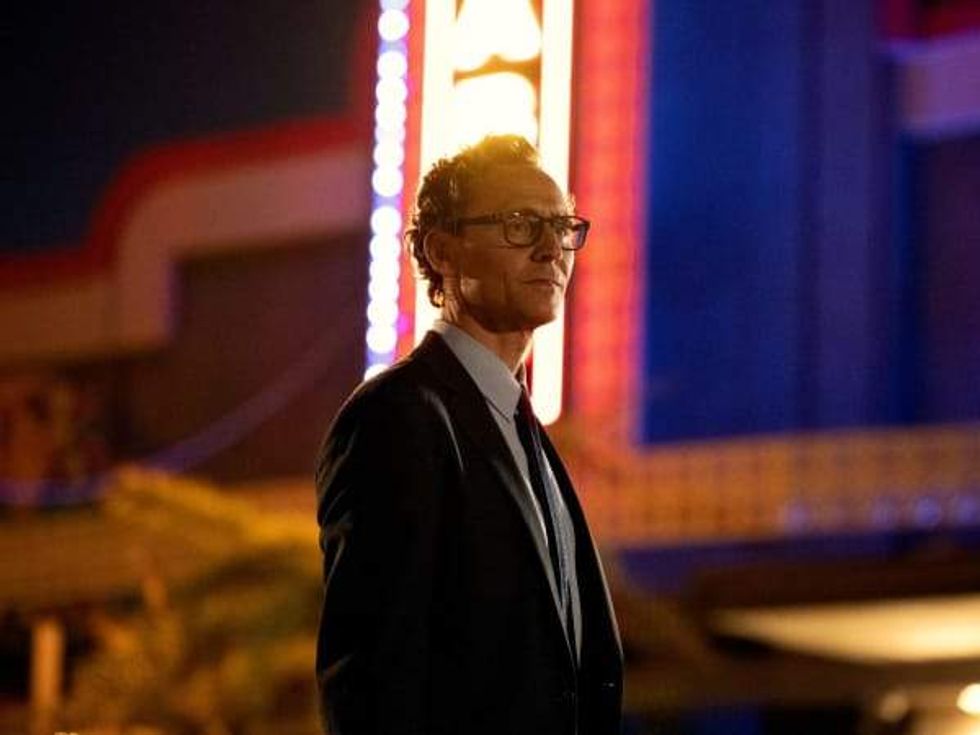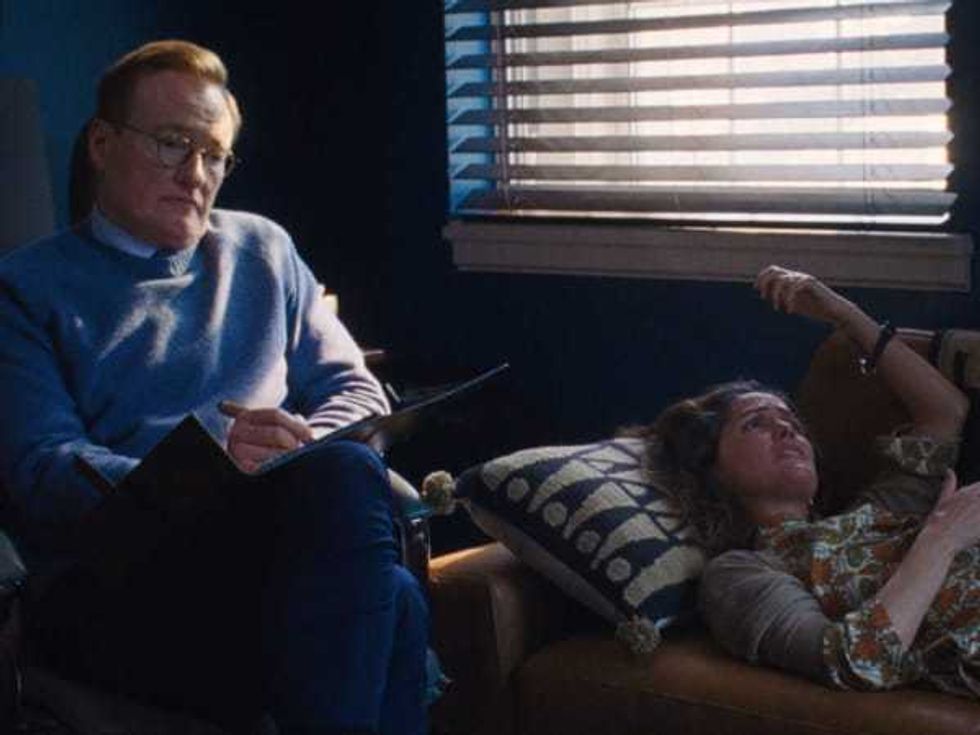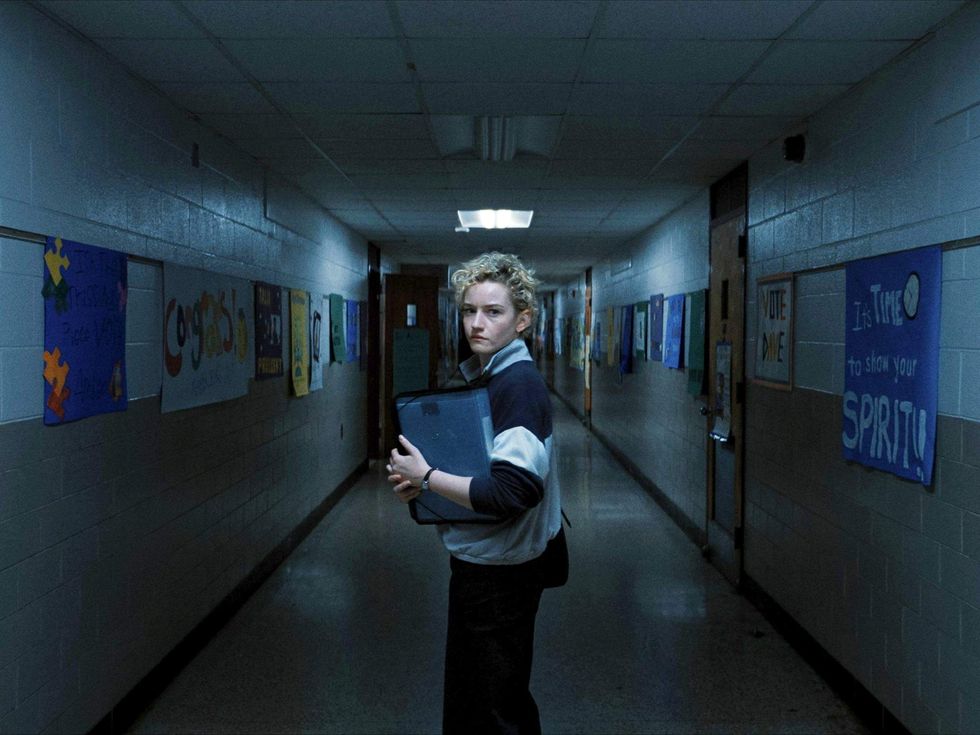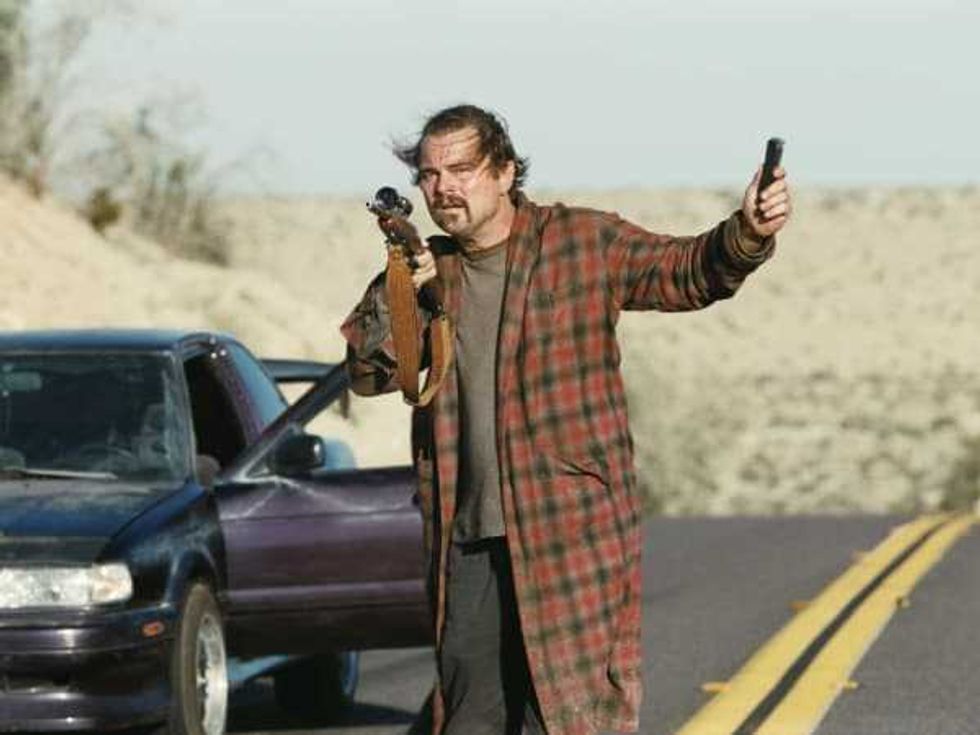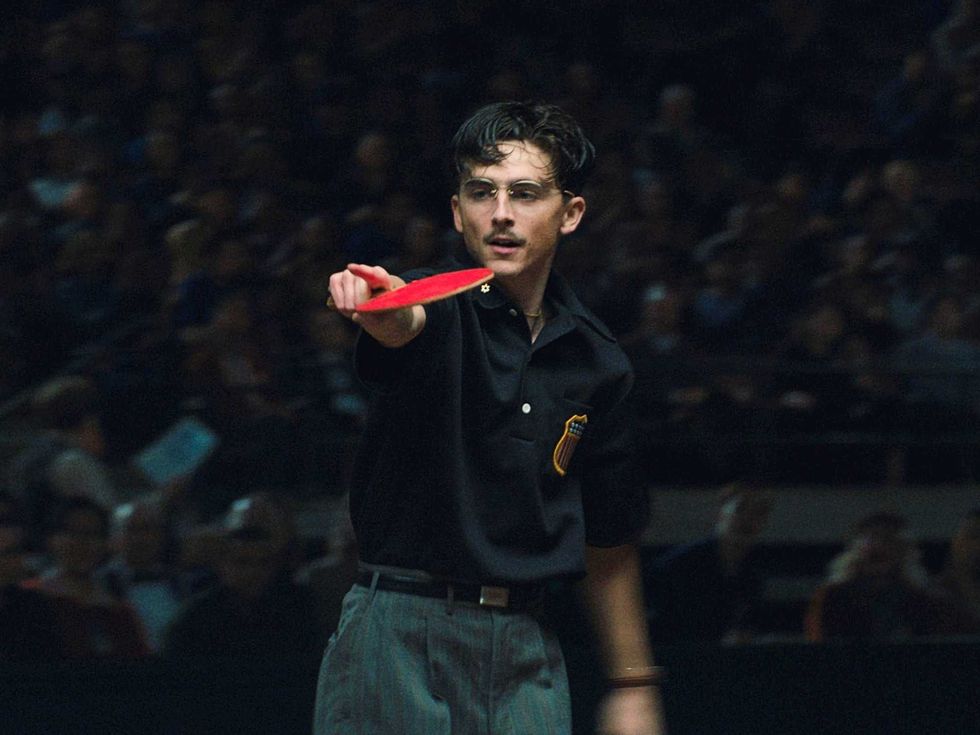Sound Check
Satellite lounge: Houston's Continental Club is a worthy heir to the Austinmusic scene
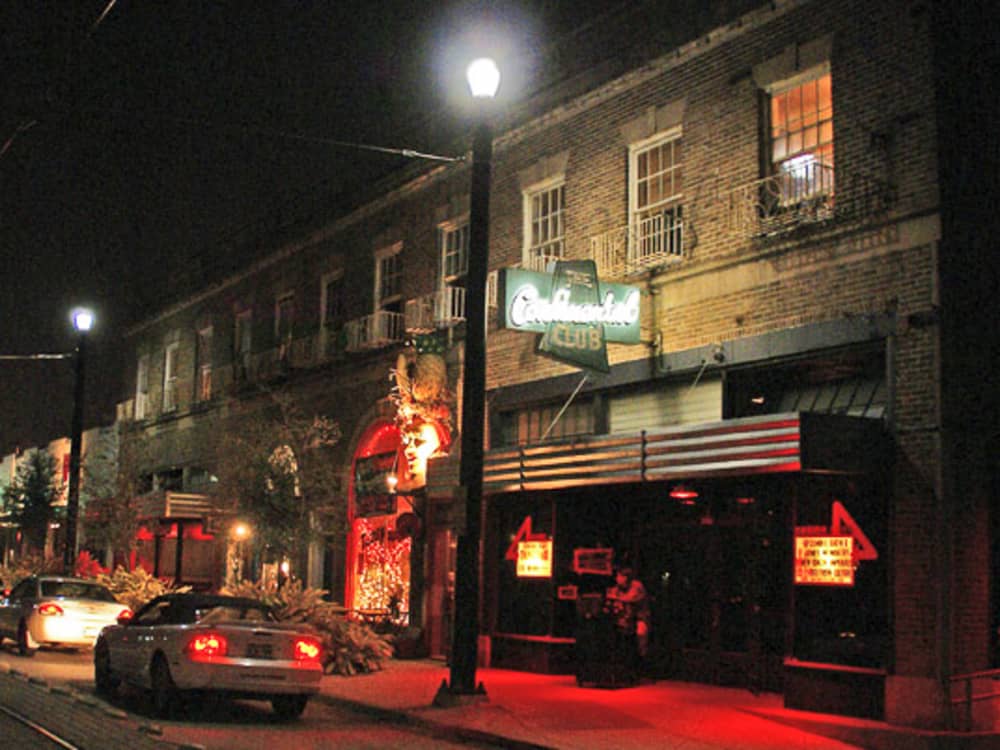 Located on Main Street in Midtown, The Continental Club has become a Houstonfixture over the past decade.
Located on Main Street in Midtown, The Continental Club has become a Houstonfixture over the past decade.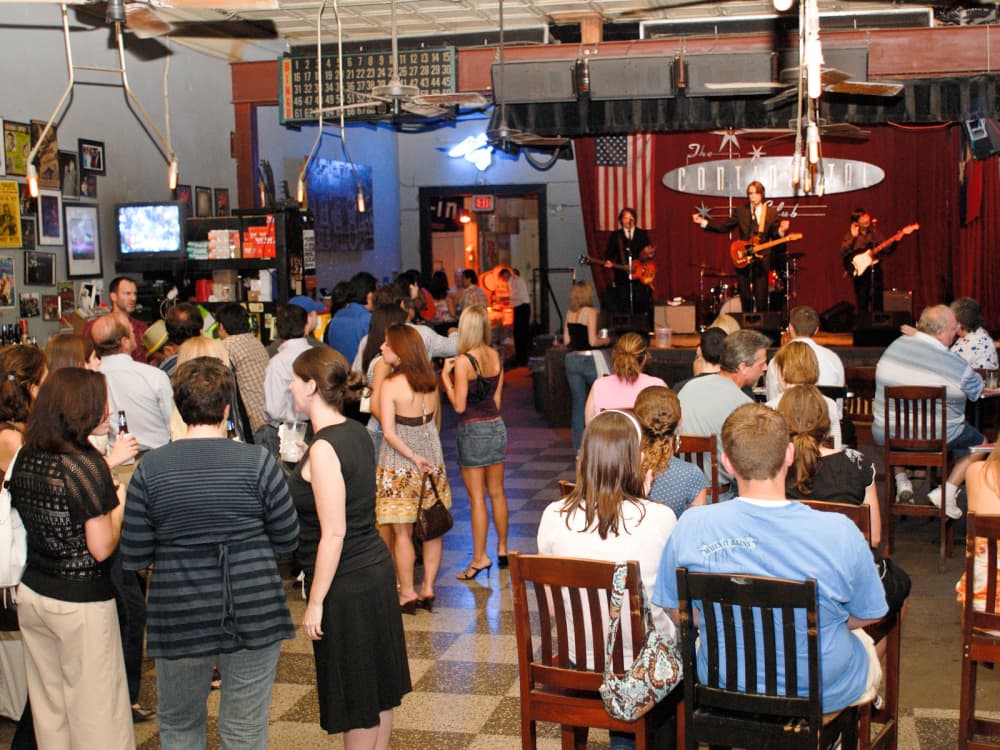 Inside: Lots of good music.
Inside: Lots of good music.
Few challenges in life are more daunting than trying to follow in the footsteps of a legend. Just ask the Houston Texans, who are in the eighth unsuccessful year of trying to make the city it represents forget about the good ol’ “Luv Ya Blue” days with the Houston Oilers. Or Minute Maid Park, which, despite all the quality-of-entertainment and technological upgrades, still makes some Houstonians long for summer days in the cavernous Astrodome.
The Continental Club in Houston had similar big shoes to fill when it became the first and only satellite of an Austin club that is a live music institution in one of the most influential music cities in the country.
Some might say that Austin has two capitol buildings on each end of Congress Avenue. To the north is the historic limestone and pink granite domed building where state officials legislate and ink lone star history. To the south is a one-story box dipped in red velvet and tasteful neon that has served as the workspace of the state’s musical statesmen for a half-century: Stevie Ray Vaughan, Joe Ely, Kinky Friedman, Alejandro Escovedo and many, many more.
Originally opened as a supper club in 1957, the Continental Club in Austin evolved into a burlesque club in the '60s before spearheading a '70s Texas music renaissance that lives on today. It's a must-see tourist attraction and a late-night musical destination for the natives.
Those were big boots to fill when co-owner and concept originator Steve Wertheimer, Houston co-owner Bob Schultz and managing partner Pete Gordon began volleying around the idea of opening a new location in Houston over a decade ago.
"Steve and I had known each other for a long time and I had talked to him about opening a Houston location for a while, but he was adamant that he wasn't going to do it until he could find somebody he could trust to do it," says Schultz. "One day he calls me and says, 'You're the luckiest the guy in the world because Pete Gordon is moving from Austin to Houston and he's the guy who can make this work in Houston.'"
So began the partnership that spawned not only The Continental Club but an artsy, independent scene on Main Street south of downtown. With each retail evolution the area is starting to feel more like Houston's own version of South Congress Avenue.
"We're trying to create a scene that's very art-oriented with businesses that are locally owned," says Schultz, a real estate developer who has recently bought more space around The Continental Club to expand the burgeoning scene. "It's a little like South Congress, but we're trying to create something that's uniquely Houston and is about what people are doing here."
The renovation began with the unique old building that now houses The Continental Club.
The design of the former drugstore and sandwich counter on the corner of Main and Winbern had to create the magic of the original. The pressed–tin roof and green diamond neon overhead lighting added a bonus touch to give the room individuality. The location on Main Street, just south of the business district’s skyscrapers, was also key to maintaining The Continental Club‘s original “on-the-fringe of downtown” mystique.
“In Austin, The Continental Club is off the beaten path, which made it a destination club—a place that people want to find,” Gordon said on the eve of the July 2000 grand opening. “We hope to capture that same feeling here in Houston."
Gordon had this quote read back to him recently and was asked if the feeling had, indeed, been captured.
"I think we accomplished that," Gordon says now. "Not only with the club, but we seem to be attracting good businesses around the club."
But it takes decades to build a music history. Chances are Gordon, Schultz and Wertheimer can’t duplicate what’s grown in Austin because of the luck of the artistic draw. To create a Texas country-and-roots scene that lives in music history, a city has to be blessed with the homegrown talent to develop it. These days Houston's music talents with a national following lie in the R&B, hip-hop and rock 'n’ roll scene.
Yet our local branch of The Continental Club might be doing something just as important: Keeping a once-flourishing alternative country, folks and roots scene alive for the thousands that pack the building each week.
“There’s a real synergy between the two clubs,” says Quinn Bishop, owner of Cactus Music & Record Ranch about The Continental Club's dual locations. “It’s great for a band to be able to play The Continental Club in Austin on a Friday and then bring (the show) to The Continental Club in Houston for a Saturday. I think both locations benefit from that.”
There has been no dearth of talent at The Continental Club-Houston over the last decade. Well known locals like Jesse Dayton and Rodney Crowell have previewed new albums there. Lone Star guitar royalty like Escovedo and Ely have rocked in front of the red curtain as have nationally-known buzz acts like Bobby "Blue" Bland and R.L. Burnside.
A memorable night at the club came on December 1, 2005, when, following a monster show at the Toyota Center with his regular band The Rolling Stones, guitarist Ron Wood dropped by to sit in with his old Faces bandmate, Ian McClagan. Just a couple of months ago, the club served as the after-party location for U2. Following their bigger-than-life show at Reliant Stadium, Bono and The Edge danced the night away in the club's cozy confines.
These are the type of stories that build a history and, to that end, The Continental Club has taken a respectable place alongside its older and better-known Austin sibling.
The three founders were always confident that The Continental Club in Houston would find a niche that would do right by the club's name. "Nobody ever worried about hurting the brand," says Schulz.
Yet Bishop at Cactus wonders if the Houston location will ever become an institution like the one in Austin. "That takes a long time to build," he says.
Keep this in mind, though: After a decade in Austin, The Continental Club was a peek-a-boo club for dancers with names like Candy Barr and Bubbles Cash. In that light I think the Houston location hasn’t fared poorly at all.


